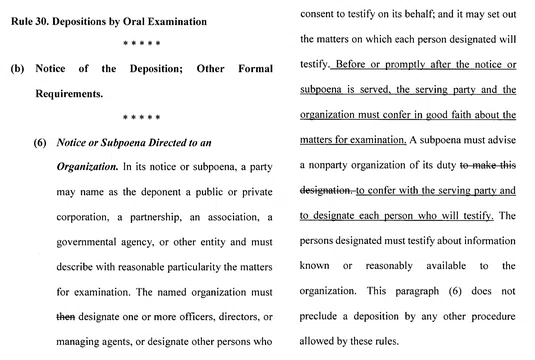Service of process on a foreign defendant can be tricky. If the foreign defendant will not agree to waive service under Rule 4(d), a plaintiff is left with methods of service under Rule 4 that are often complex and time-consuming, and come with no guarantee that the service will ultimately be effective.
And while Rule 4 does not set a deadline for service of process on foreign defendants, as it does for domestic defendants, the time to serve is not unbounded. Helpfully, Rule 4 provides a fallback that opens up the door to other--perhaps less onerous--methods of service, including simply sending an email (in the right circumstances).
When Can You Serve by E-mail?

Last week Magistrate Judge Hall permitted service on a foreign defendant by email pursuant to FRCP 4(f)(3), which provides that, in addition to various other methods of service, service of process may be achieved "by other means not prohibited by international agreement, as the court orders."
As Judge Hall recounted, plaintiff DivX LLC first attempted service by certified mail on Taiwanese defendant Realtek Semiconductor Corp., but Realtek apparently refused to accept the mail delivery. ...




